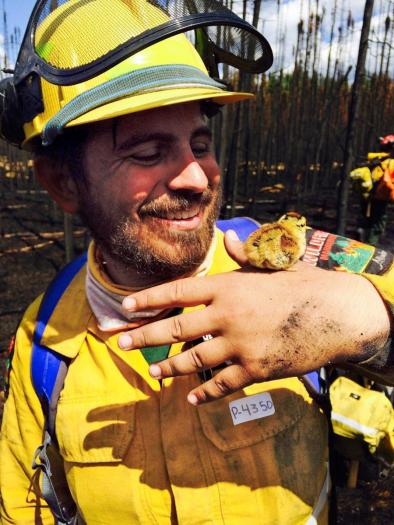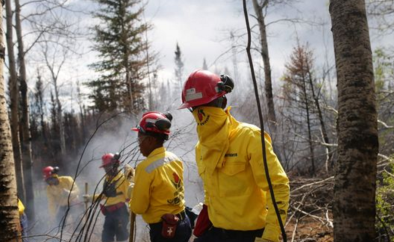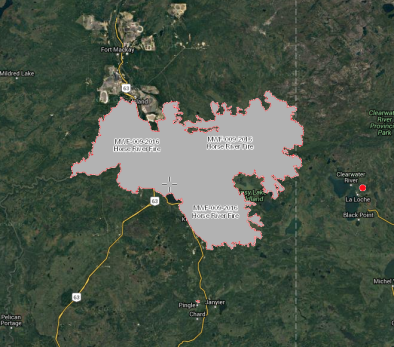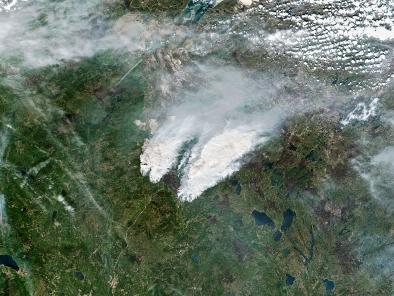Global Warming Cited as Wildfires Increase in Fragile Boreal Forest
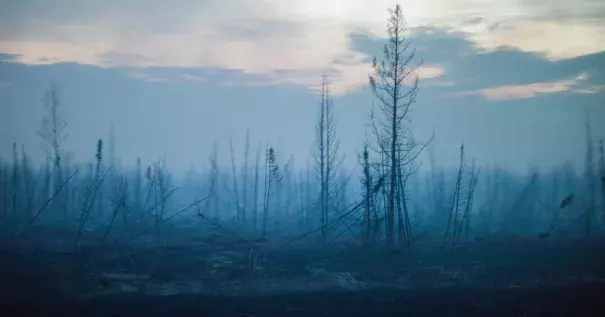
Scientists have been warning for decades that climate change is a threat to the immense tracts of forest that ring the Northern Hemisphere, with rising temperatures, drying trees and earlier melting of snow contributing to a growing number of wildfires. The near-destruction of a Canadian city last week by a fire that sent almost 90,000 people fleeing for their lives is grim proof that the threat to these vast stands of spruce and other resinous trees, collectively known as the boreal forest, is real. And scientists say a large-scale loss of the forest could have profound consequences for efforts to limit the damage from climate change...
Alaska, home to most of the boreal forest in the United States, had its second-largest fire season on record in 2015, with 768 fires burning more than five million acres.
Global warming is suspected as a prime culprit in the rise of these fires. The warming is hitting northern regions especially hard: Temperatures are climbing faster there than for the Earth as a whole, snow cover is melting prematurely, and forests are drying out earlier than in the past. The excess heat may even be causing an increase in lightning, which often sets off the most devastating wildfires.
The weather pattern known as El Niño has been pumping a huge amount of heat from the ocean and into the atmosphere for more than a year, and scientists say that could also have played a role in setting the conditions for this year’s fires. Temperatures in parts of Alberta were as much as 30 degrees Fahrenheit above normal in the weeks before the fires began, desiccating the landscape
Related Content
